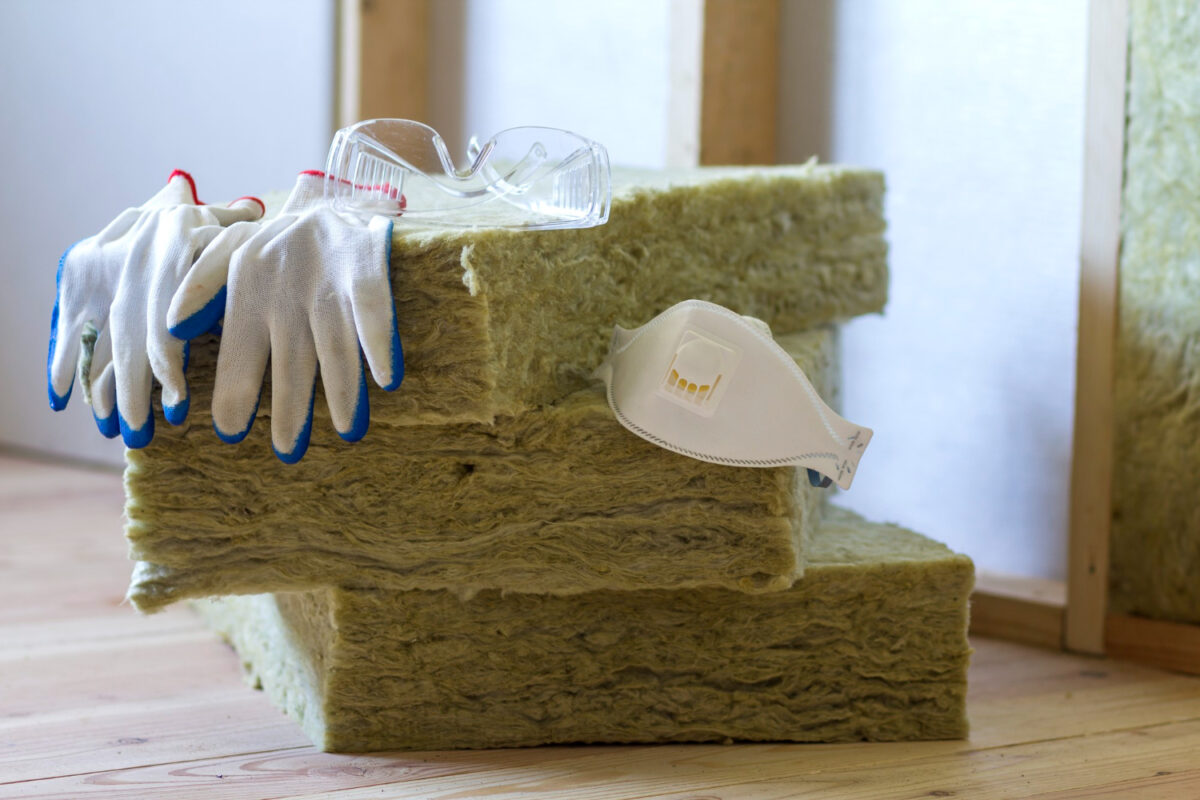7 Clever Side Table Decor Ideas to Elevate Your Home Setup
Everyone appreciates a good coffee table, but more often than not …

Energy efficiency has never been more important in our increasingly environmentally conscious society. Home insulation is a critical component in this movement, acting as a barrier to heat flow and ensuring that homes remain cool in summer and warm in winter. Not only does effective insulation contribute to a more comfortable living environment, but it also significantly reduces energy consumption and, consequently, utility bills. This introductory guide aims to illuminate the multifaceted benefits of home insulation and demonstrate how it is a key investment in energy efficiency and cost savings. Let’s dive in!
Before delving into how insulation contributes to energy efficiency and cost savings, it is essential to understand what home insulation is. In simple terms, home insulation is any material used to reduce heat transfer between the inside and outside of a building. This includes walls and ceilings, as these are typically the areas where heat is most likely to escape or enter a home. Insulation materials work by trapping pockets of air within their structure, preventing heat from passing through and maintaining a more constant temperature inside the house.
One of the most significant advantages of home insulation is its impact on energy efficiency. By reducing the amount of heat transfer, insulation helps to keep homes at a more consistent temperature without the need for excessive heating or cooling. This results in lower energy consumption and, in turn, lower utility bills. However, the benefits of energy efficiency do not stop there – less energy usage also translates to a reduced carbon footprint. This hugely benefits the environment as it contributes to mitigating climate change and preserving natural resources.
Another significant advantage of home insulation is the potential for cost savings. While the initial investment in insulation may seem expensive, it pays off in the long run through reduced energy bills. According to the U.S. Department of Energy, properly insulating your home can save you up to 30% on heating and cooling costs. This makes insulation a smart investment that can pay for itself over time. Moreover, well-insulated homes are less susceptible to damage from extreme weather conditions, meaning lower repair and maintenance costs in the long run. An insulation company can help you understand more about this.
Aside from energy efficiency and cost savings, other benefits of home insulation make it an essential aspect of any modern home. These include:
When selecting insulation materials for your home, it’s essential to consider various options to find what best suits your needs. Here are some of the most popular insulation materials, along with their key characteristics:
To wrap up, home insulation offers a range of benefits that make it a worthwhile investment for any homeowner. From energy efficiency and cost savings to improved comfort and environmental impact, many reasons exist to consider insulating your home. With mixed materials and alternatives available, it’s essential to research and consult with professionals to find the most suitable solution for your specific needs. Insulating your home can improve your quality of life while reducing your carbon footprint and contributing to a more sustainable future.